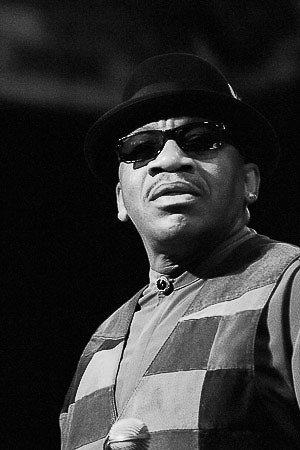
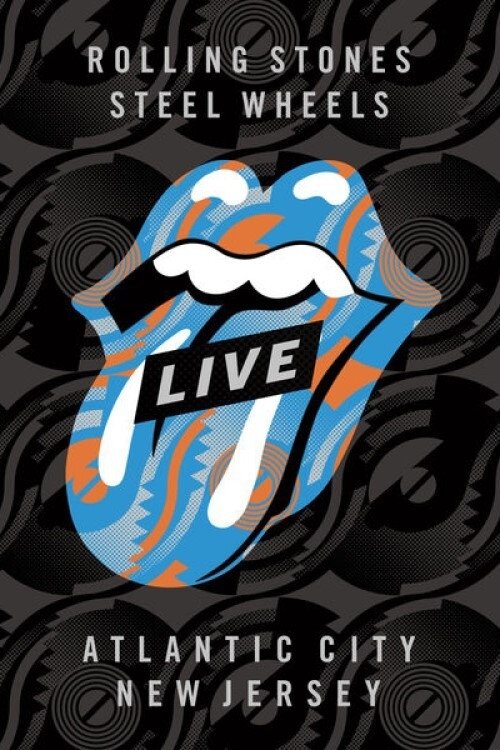
Having not hit the road for most of the 80s, The Steel Wheels Tour was an astounding return for the Rolling Stones, not least as it was the longest tour they had by that point undertaken. It was also to be their last with Bill Wyman. Steel Wheels Live was recorded towards the end of the band’s 60-date run through the stadiums of North America, in the second half of 1989. The stage and lighting design of The Steel Wheels Tour set the pace for superstar tours as we know them today. Special guest appearances from Axl Rose, Izzy Stradlin, Eric Clapton and John Lee Hooker on this Atlantic City date make this an even more extraordinary document of the band’s return to touring.

A history and tribute to British Jim Marshall's amplifiers, which since then became the standard of rock'n'roll amplifiers ever since.

Documentary looking at how Detroit became home to a musical revolution that captured the sound of a nation in upheaval. In the early 60s, Motown transcended Detroit's inner city to take black music to a white audience, whilst in the late 60s suburban kids like the MC5 and the Stooges descended into the black inner city to create revolutionary rock expressing the rage of young white America.
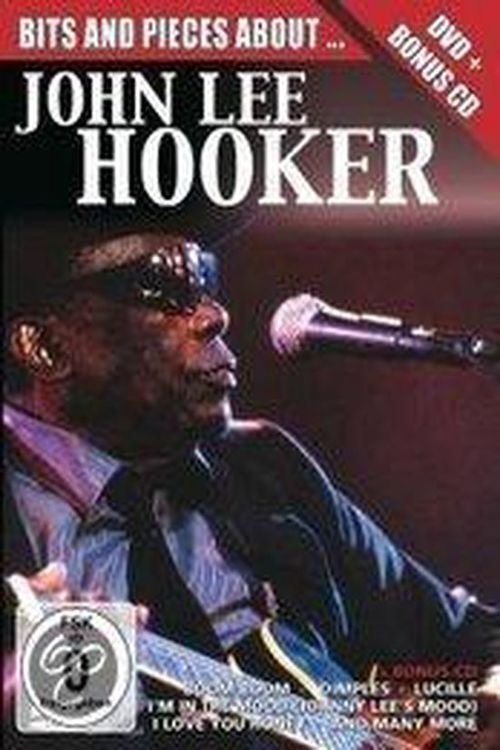
The blues legend John Lee Hooker was the last great King of the Mississippi Delta Blues, and his unmistakeable musical style made him known the world over. He spent more than half a century in the music business, received numerous awards and influenced various generations and world-renowned artists such as Jimi Hendrix, Stevie Ray Vaughan and Pete Townshend with his music. This film shows an interesting American television interview in which he reviews his musical life, speaking, for example, of his album "The Healer". It is interspersed with excerpts from performances and music videos such as "Dimples", "I'm in the Mood" with Bonnie Raitt and "Chill Out" with Carlos Santana.
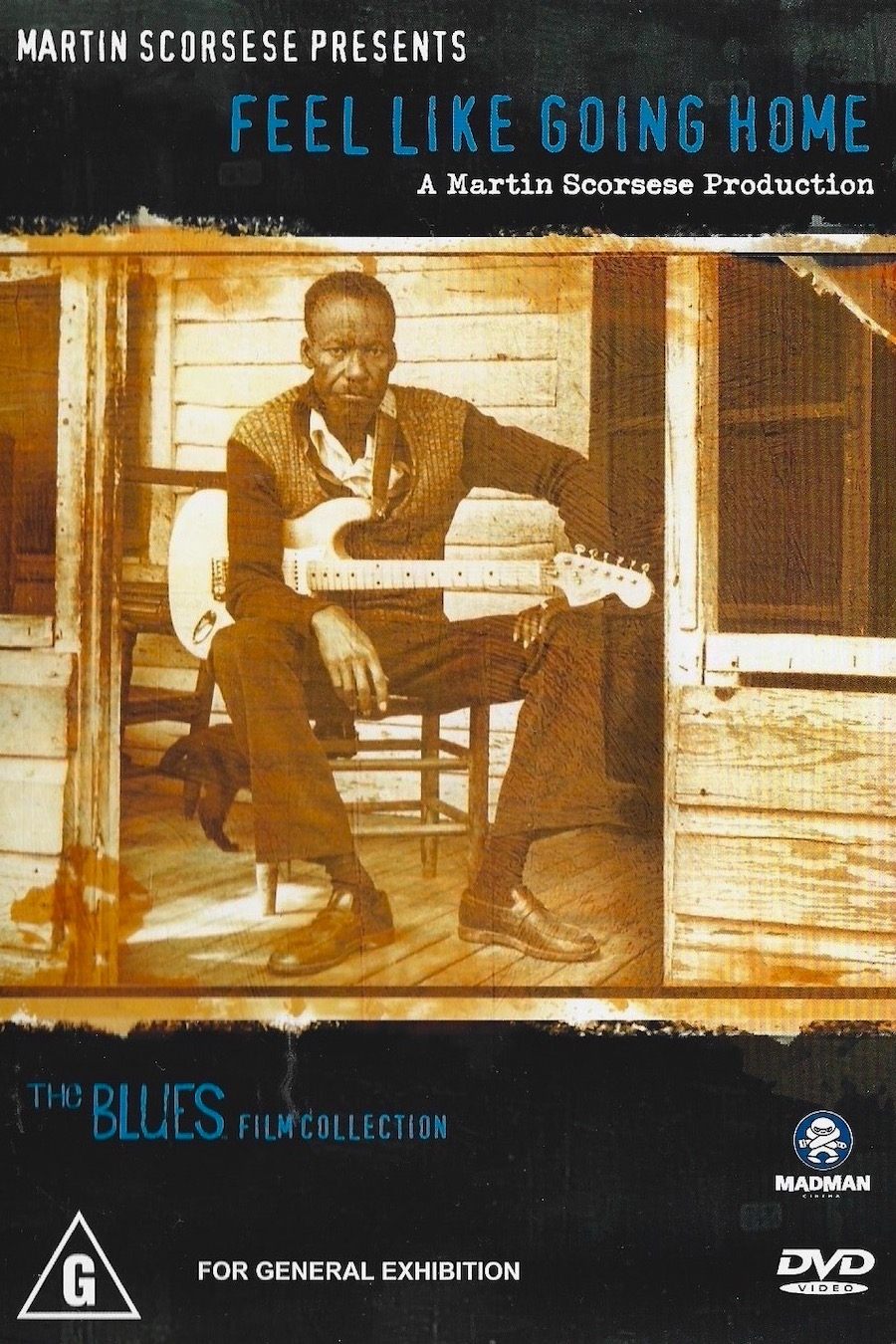
Director Martin Scorsese winds his way from the banks of the Niger River in Mali to the cotton fields and juke joints of the Mississippi Delta to trace the origins of the blues in a lyrical combination of original performances (including Willie King, Corey Harris, Taj Mahal, Keb' Mo', Otha Turner, Habib Koité, Salif Keita and Ali Farka Toure) and rare archival footage (featuring Son House, Muddy Waters and John Lee Hooker).
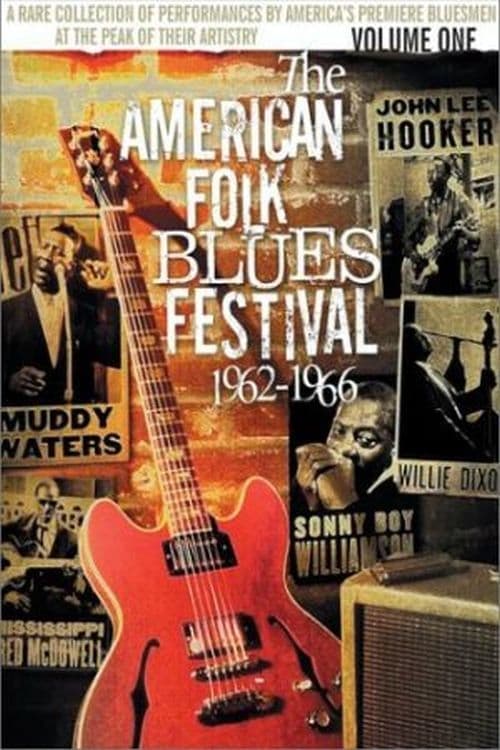
Taken from the European tours organised for American blues musicians between 1962 and 1969, this release features performances by several popular blues artists, including: T-Bone Walker, John Lee Hooker, Muddy Waters, etc.
This hour long collection of clips presents John Lee Hooker in a variety of settings, playing both with a band and as a solo artist. The 1964 full-band clips from the BBC are the best, particularly a percolating "Boom Boom." Also good are a couple of songs (again with a full band) from the 1960 Newport Jazz Festival; a few tunes filmed in Seattle in 1970 just have Hooker alone with his guitar (as do a couple of performances from 1960). Particularly after having seen so much concert footage in which blues musicians really ham it up onstage, the viewer is really impressed with how little Hooker needs to move to get his presence across. He's able to hold listeners spellbound while remaining stationary with his guitar, aware that his intensity, growling vocals, and pure musicianship are enough to do the job.

A teenage runaway who never went to school, John Lee Hooker had trouble spelling his name, even into his eighties. But, despite these humble beginnings, John Lee Hooker is today considered one of the most influential musicians of the 20th century.
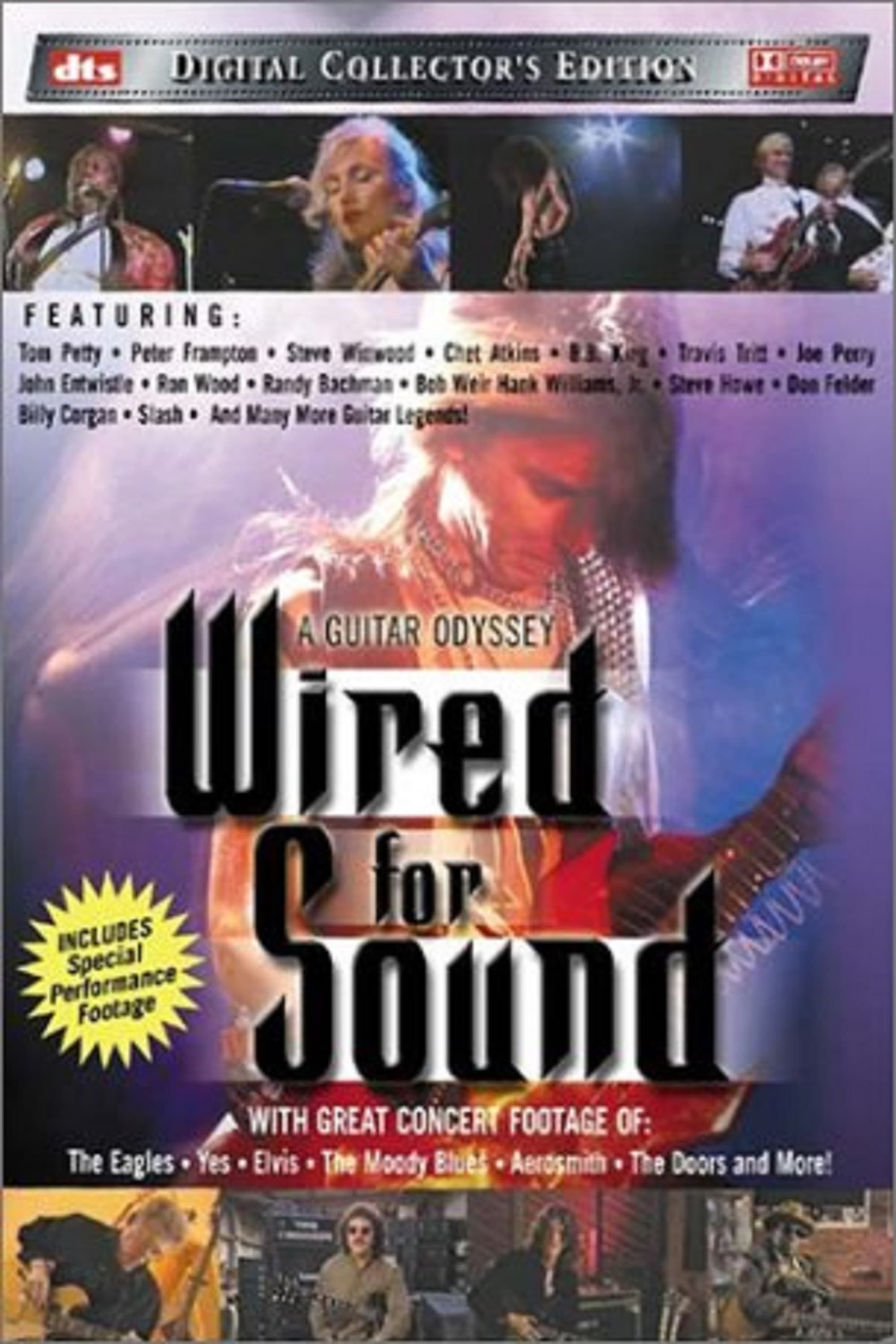
Wired For Sound documents the role of the Gibson guitar throughout the evolution of rock music.
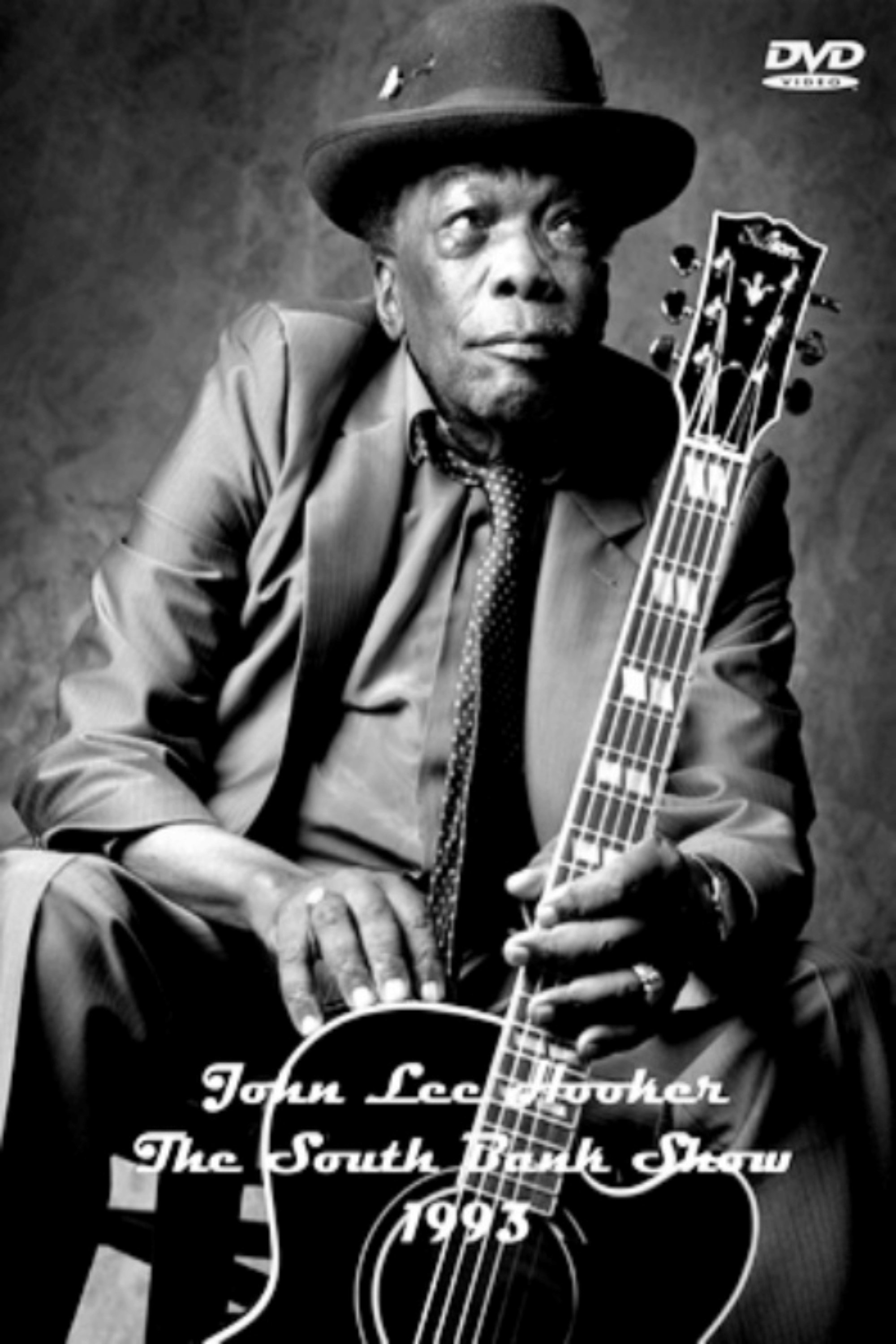
John Lee Hooker was an American blues singer, songwriter, and guitarist. The son of a sharecropper, he rose to prominence performing an electric guitar-style adaptation of Delta blues. Hooker often incorporated other elements, including talking blues and early North Mississippi Hill country blues.
By browsing this website, you accept our cookies policy.